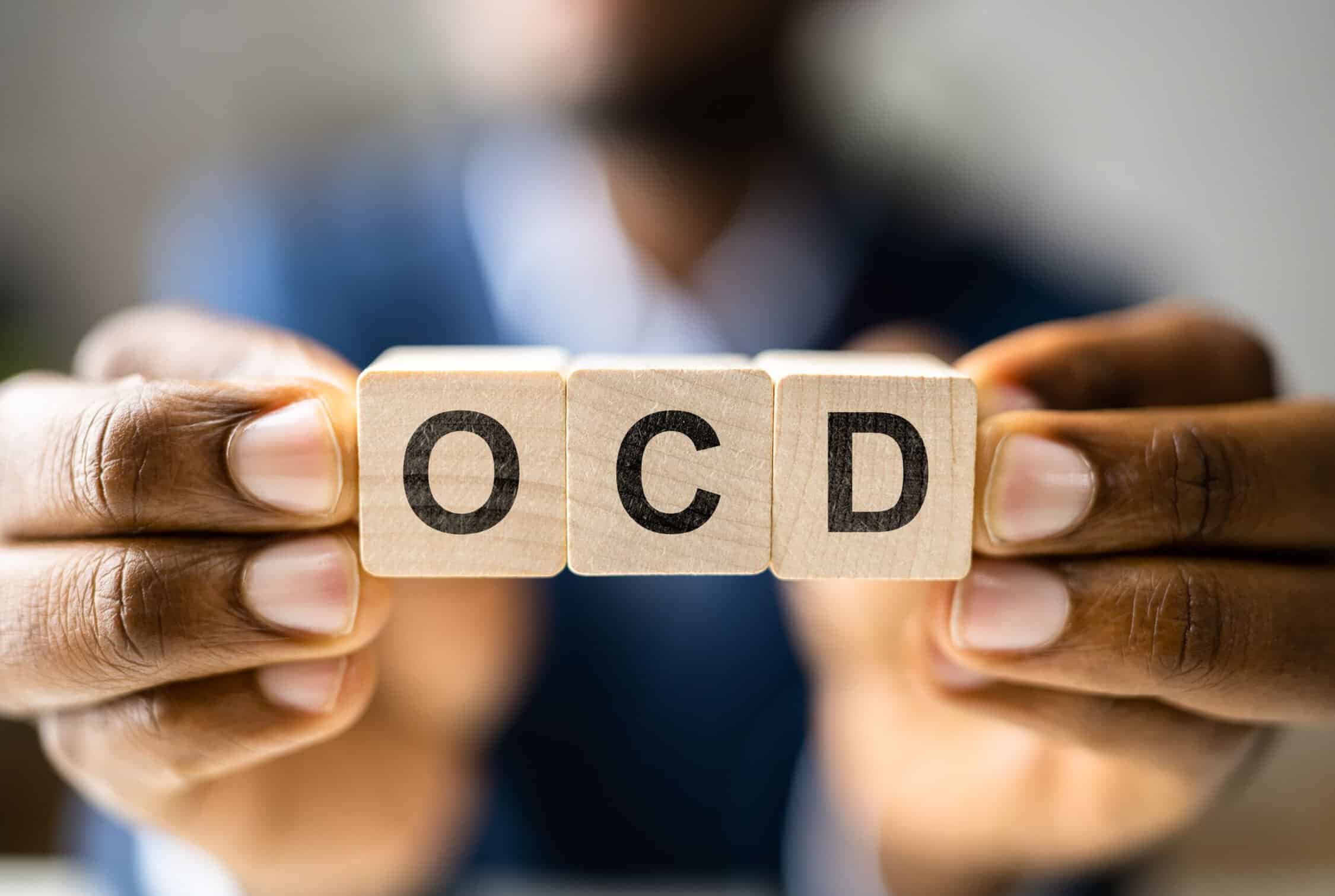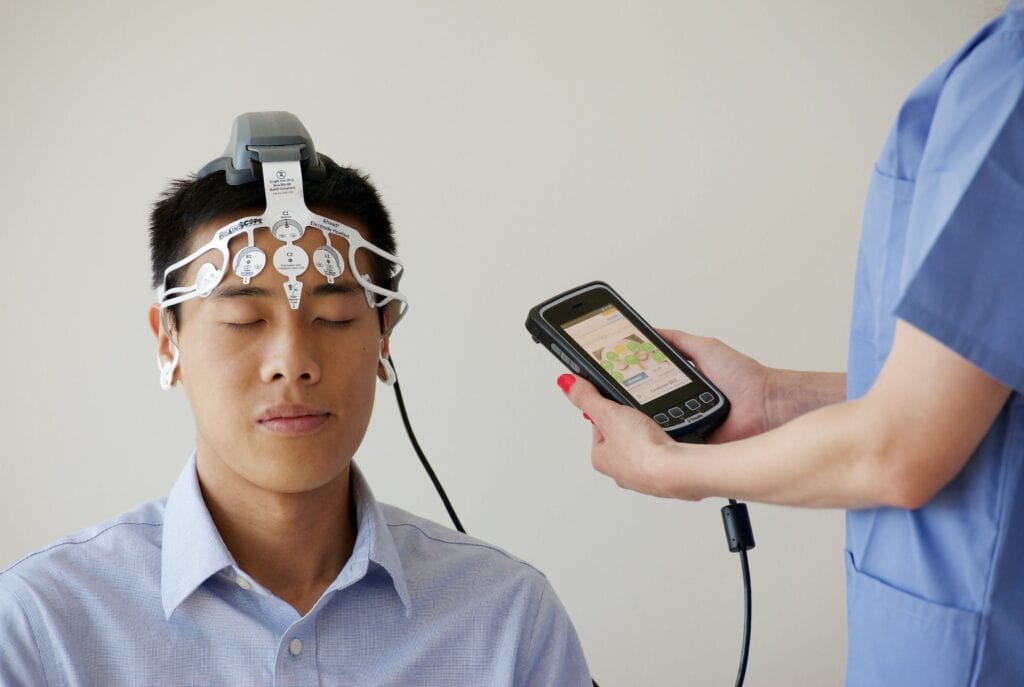Obsessive compulsive disorder is a chronic condition, but various treatment options can help reduce symptoms and improve daily functioning. The most effective approach often combines psychotherapy, medication, and in some cases, advanced interventions for those with severe or treatment-resistant OCD.
Psychotherapy
Cognitive behavioral therapy (CBT) is considered the first-line treatment for OCD. A specialized form of CBT, exposure and response prevention (ERP) therapy, is the most widely supported psychological intervention. ERP involves gradual exposure to a feared situation while preventing the repetitive actions that typically follow. This process helps individuals build tolerance to anxiety and break the cycle of obsessions and compulsions.
CBT can be conducted in individual or group settings and may include talk therapy to help individuals recognize patterns in their thoughts and behaviors. Therapy sessions may take place in a therapist’s office or through online programs. Intensive outpatient programs are available for individuals who require more structured care. Studies have shown that consistent participation in ERP exercises significantly improves long-term outcomes. Commitment therapy may also be incorporated for individuals who struggle with distress tolerance and behavioral change.
Pharmacological Treatment
Selective serotonin reuptake inhibitors (SSRIs) are the primary medications used to treat OCD. These medications, including fluoxetine, fluvoxamine, and sertraline, help regulate serotonin levels in the brain, reducing obsessive thoughts and compulsive actions. Higher doses of SSRIs are often required compared to the dosages used for treating depression or other anxiety disorders.
For individuals who do not respond to SSRIs alone, a tricyclic antidepressant called clomipramine may be considered. While clomipramine has shown strong efficacy in treating OCD, it has a higher risk of possible side effects, making SSRIs the preferred first-line treatment. In some cases, atypical antipsychotics may be prescribed as an adjunct treatment, particularly for individuals with co-occurring tic disorders or severe OCD symptoms.
Certain individuals may benefit from SRI medication, particularly when OCD symptoms are accompanied by other conditions. Research suggests that patients with early-onset OCD related to strep infections or streptococcal infections may require specialized treatment approaches.
Advanced and Alternative Interventions
For individuals who do not respond to traditional treatments, advanced interventions may be considered. Deep brain stimulation (DBS) and transcranial magnetic stimulation (TMS) are emerging neuromodulation therapies that target specific areas of the brain involved in OCD. These treatments use magnetic fields or implanted devices to modulate brain activity. While these approaches are generally reserved for severe, treatment-resistant cases, ongoing research suggests they may provide symptom relief for certain individuals.
The Role of Psychoeducation and Family Support
Education about OCD and its treatment can help individuals and their family members manage symptoms more effectively. A mental health professional can provide guidance on how family members can offer support without reinforcing compulsive behaviors. Involving family in treatment is particularly important for children and adolescents.
Delays in seeking treatment are common due to stigma or lack of awareness about available options. Working with advocacy organizations, such as the National Alliance on Mental Illness or the National Institute of Mental Health, can help increase access to reliable information and support.
In some cases, OCD may be associated with suicidal thoughts, particularly when symptoms become overwhelming. Seeking timely treatment from a therapist or psychiatrist can help reduce distress and improve coping strategies. A therapist may incorporate relaxation techniques such as mindfulness and breathing exercises to help manage symptoms.






